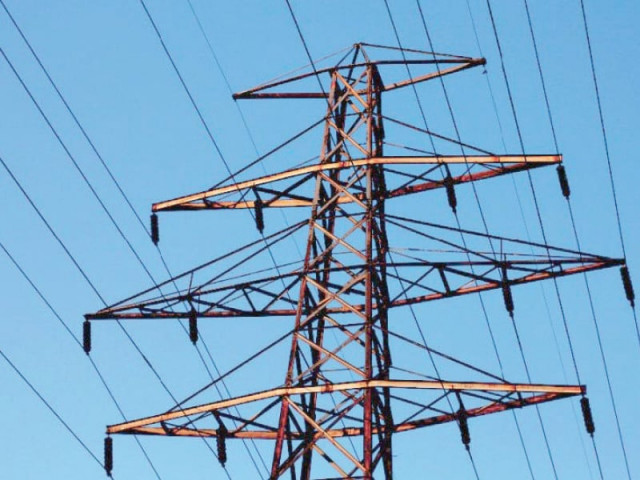Government to slash electricity tariffs for winter
Reduction in tariffs will also help utilities that typically scale back operations or even shut down during winters

Pakistan will reduce electricity tariffs during the winter season to encourage consumption and alleviate the pressure on natural gas resources used for heating, according to the country’s Power Minister Awais Leghari.
Speaking to Reuters on Saturday, Leghari said the measure aims to provide relief to businesses and citizens who have faced rising electricity prices due to energy sector reforms urged by the International Monetary Fund (IMF).
The reduction in tariffs will also help utilities that typically scale back operations or even shut down during winter months due to a significant drop in demand, which can fall by as much as 60 percent from peak summer levels.
“Reducing prices will increase demand, especially in winter when people use inefficient gas resources,” Leghari told Reuters in a telephone interview.
He confirmed that the pilot plan will be implemented starting this winter, with lower tariffs to be in effect from December 2024 through February 2025.
The IMF, which approved a $7 billion, 37-month loan for Pakistan in September, has not yet commented on the new plan.
Pakistan’s reliance on costly natural gas and wood for winter heating has strained household budgets.
Over the past three quarters, power consumption has declined by 8-10 percent annually. However, Leghari remains optimistic that the economic recovery will help make up for the decline, projecting a 2.8 percent annual growth in power demand over the next decade.
The tariff reduction is expected to cut electricity costs for industries by 7-8 percent at optimal levels, providing a boost to industrial growth.
The government is also working to rationalise electricity tariffs, restructure power sector debt, and revise tax structures within electricity bills.
Leghari added that talks are ongoing with development partners to reduce taxes and promote the adoption of electric vehicles, addressing both the need for cleaner transportation and the growing air pollution problem.


















COMMENTS
Comments are moderated and generally will be posted if they are on-topic and not abusive.
For more information, please see our Comments FAQ